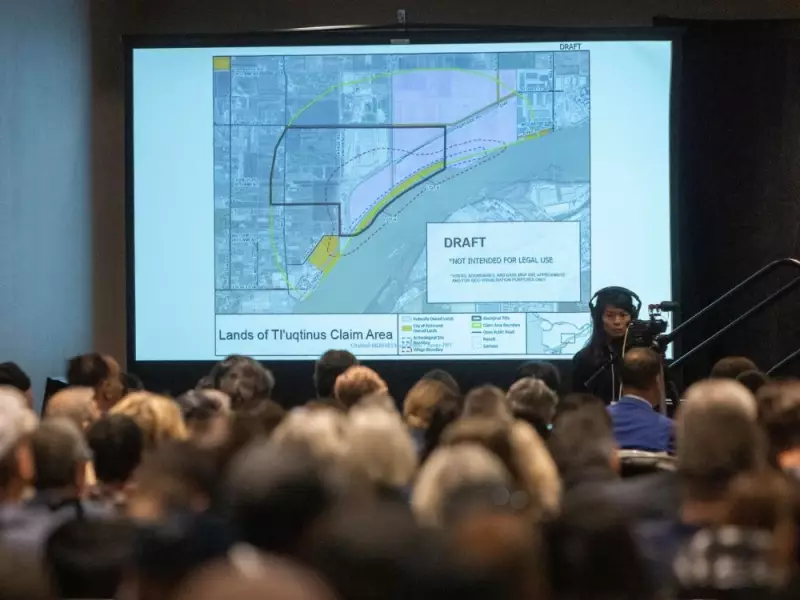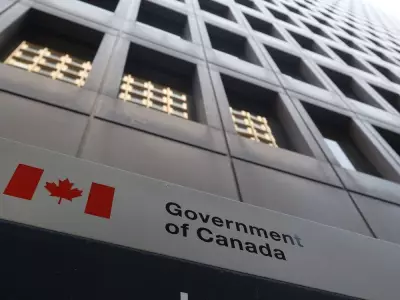
BC's Growing Land Title Controversy
British Columbia is confronting a significant land rights crisis that threatens to undermine property ownership confidence across the province. The situation has escalated with the recent revelation that the Secwépemc First Nation is pursuing a declaration of Aboriginal Title over the entire City of Kamloops and surrounding areas.
This claim encompasses a massive territory including the interior city of over 100,000 residents and the popular Sun Peaks ski resort, representing an area with assessed value exceeding $43 billion. While this specific claim remains undecided, it follows the controversial Cowichan ruling from August that declared fee simple titles in Richmond "defective and invalid" within the title area.
The Political Fallout for Eby's Government
The land rights situation has developed into a political nightmare for Premier David Eby and his NDP government. Despite appealing the Cowichan decision and maintaining that the court made an error, public anxiety continues to grow. The government's approach to handling these sensitive land agreements has drawn sharp criticism for its lack of transparency.
Multiple secret deals have emerged that were negotiated without public knowledge or input. In August 2024, the NDP transferred six square kilometres of public land to the Shíshálh Nation, yet this agreement remained confidential until January 2025. Remarkably, local MLA Randene Neill, who was elected in BC's October election and became a minister in Eby's cabinet, wasn't informed about the deal until after the provincial election.
Pattern of Secrecy in Land Agreements
The government's methodology for handling land use planning appears consistent across multiple agreements. This summer, on June 3, the administration announced consultations for land use planning in northwestern BC, covering nearly one-third of the entire province. These massive changes received minimal public engagement opportunities and were conducted on accelerated timelines that many consider insufficient for such significant decisions.
On June 26, the government signed an updated land use agreement with the Squamish Nation, building upon their 2007 deal. The new agreement includes provisions for areas that substantially fall within "municipal jurisdiction or private lands," including parts of Vancouver. The deal commits BC to "participate in future discussions, including with a local government or third party, focused on protecting or resolving Squamish Nation interests" upon request.
The Haida agreement further complicated matters by recognizing Haida title over the entire Haida Gwaii archipelago without any public consultation. Premier Eby has described this agreement as a "template" for future deals, raising concerns about continued secrecy in upcoming negotiations.
The cumulative effect of these developments has created widespread uncertainty about property rights in British Columbia. With the Kamloops claim now public and following the Cowichan ruling, residents and property owners across the province are questioning the stability of land ownership in BC. The provincial government faces mounting pressure to address these concerns transparently before social cohesion around property rights further deteriorates.





